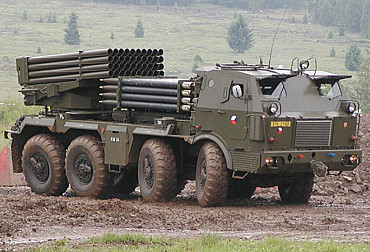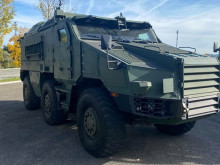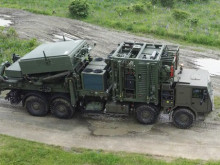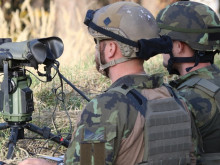Czech Mudness: An Extreme military obstacle course organized by Czech soldiers
The fourth annual extreme military obstacle course in mud, Czech Mudness, took place at the Gaiziunai training area in Lithuania, which has become a tradition among soldiers serving in the International Combat Group in Lithuania. As usual, Czech soldiers were responsible for organizing this year's event, preparing an eight-kilometer course with nineteen challenging obstacles testing strength, endurance, and teamwork.
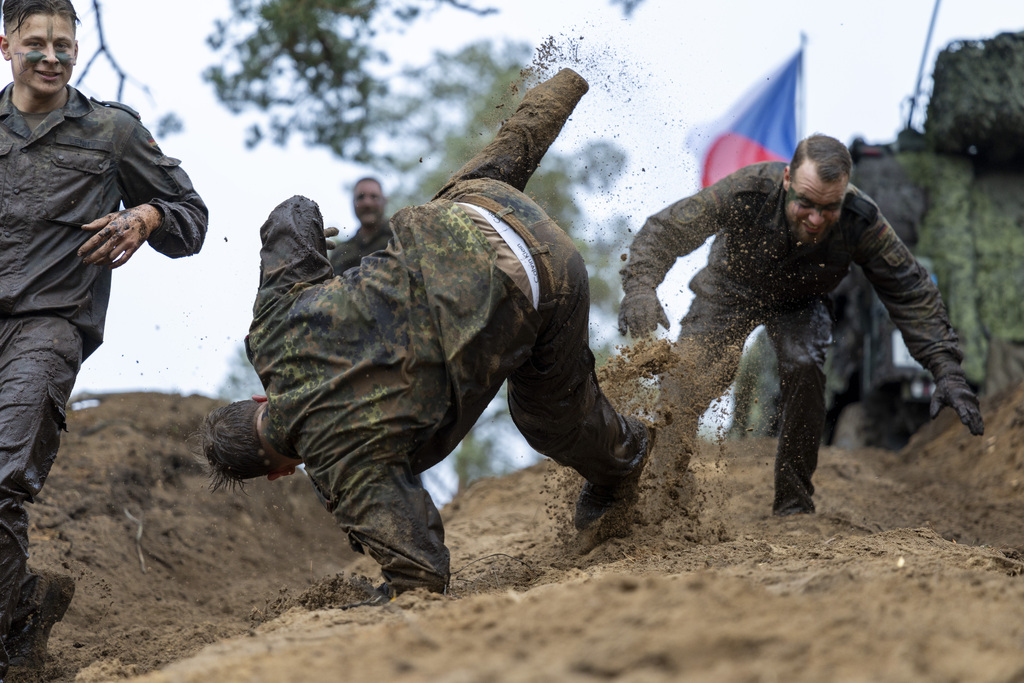
Three-member teams from the International Combat Group from the Czech Republic, Germany, Lithuania, Belgium, the Netherlands, and Norway lined up at the start. Mud, water, and challenging terrain tested the physical and mental endurance of all participants. After a thrilling battle, the Belgian team took the victory, with the Czechs in second place and the Belgians again in third.
Although the race was extremely demanding, all participants agreed that the greatest value was not the victory itself, but the opportunity to measure their strength in international competition and strengthen team spirit.
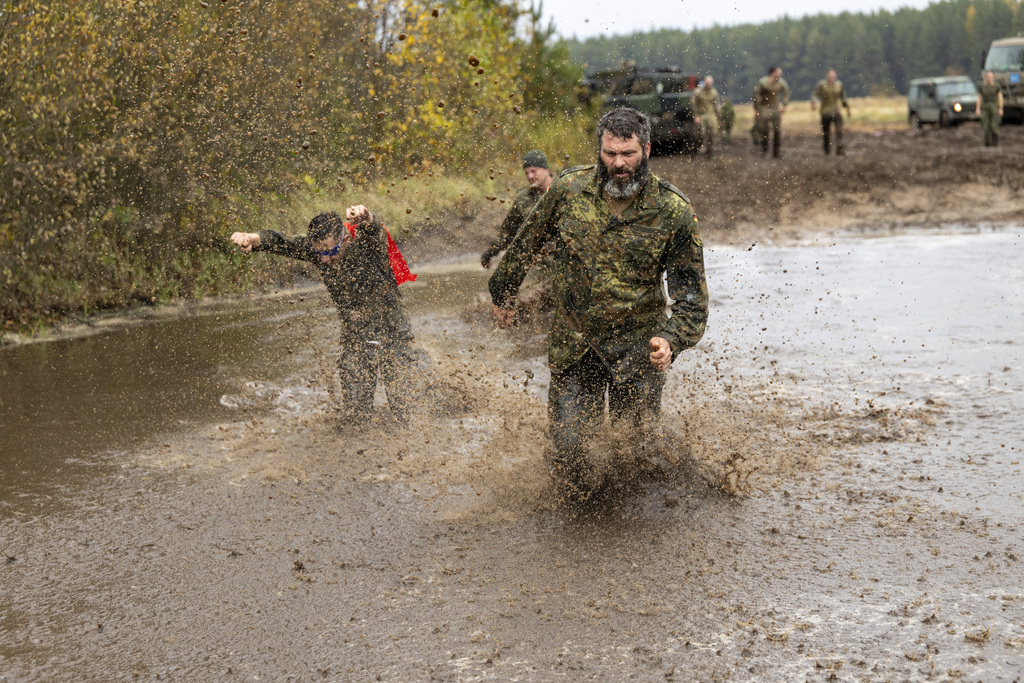
"The race, in which approximately 300 soldiers participated, did not begin for us with the start of the first group of participants, but with the preparation of the race several weeks ago. This required the cooperation of dozens of people at multiple levels, from the command to the soldiers at the finish line. They deserve a big thank you. By organizing this race, we confirmed to our coalition partners from the International Combat Group in Lithuania that they can rely on us both in the field during training and in the implementation of such a large event," said Chief Warrant Officer J. A. of the 6th Task Force.
The race in Gaiziunai once again confirmed that shared challenges and physical obstacles can unite soldiers across nations more than anything else.
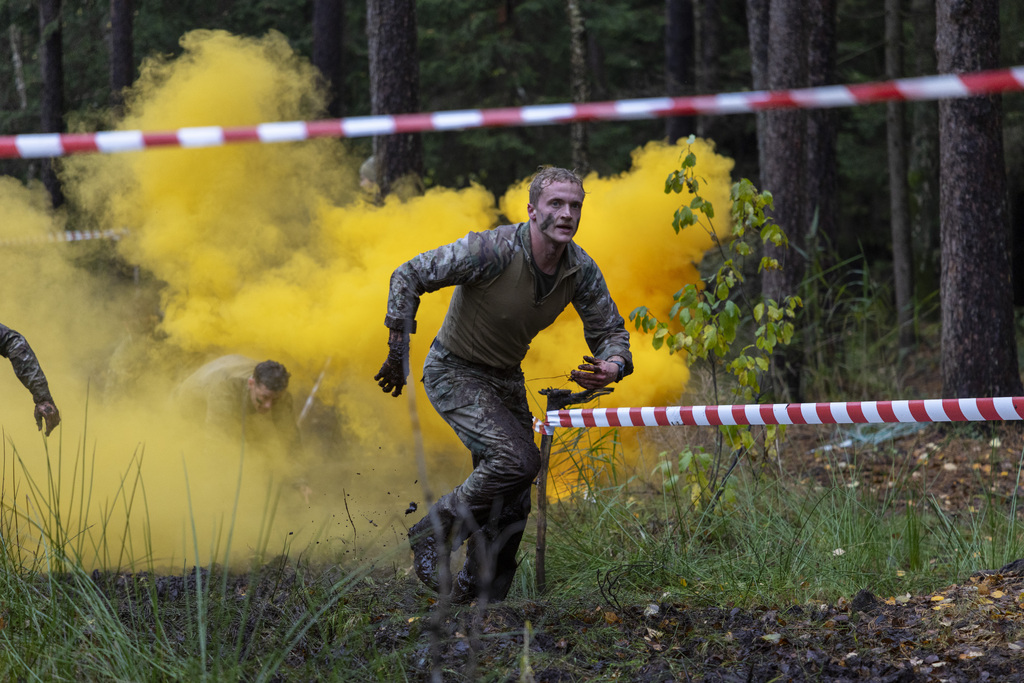
The International Combat Group in Lithuania is a NATO unit within the Enhanced Forward Presence (eFP) program, which aims to strengthen NATO's eastern flank. Construction of facilities for the eFP unit at the Rukla barracks began in early 2017, and the multinational unit has been fully operational there since February 2017. This unit is under the command of the Lithuanian Armed Forces' Mechanized Infantry Brigade "Iron Wolf" and trains alongside local members of this brigade. Czech soldiers have been part of this multinational unit since 2018 and regularly participate in training and certification, confirming their ability to respond to modern conflicts.
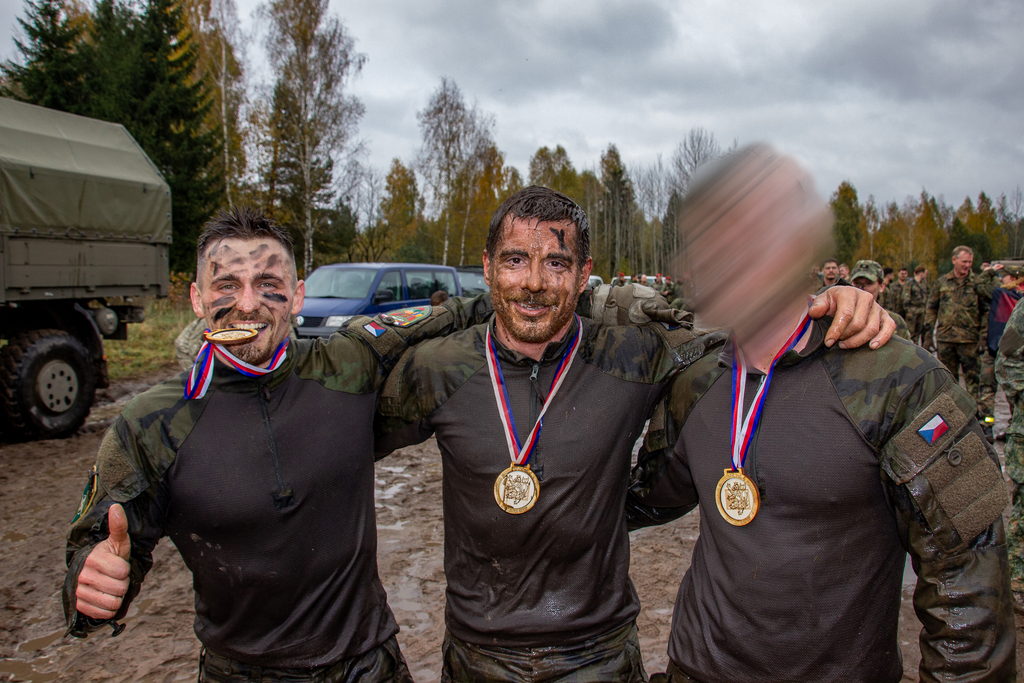
The decision to establish an alliance forward presence in the Baltic states was made at the Warsaw Summit in July 2016. The combat group, with the strength of a reinforced battalion, is based in Rukla, Lithuania, under German leadership. Its aim is to demonstrate the ability and determination to defend Alliance territory and contribute to the collective defense of Lithuania.
The Alliance's forward presence confirms the national commitments of member states under NATO's collective defense principle. An attack on one ally is thus understood as an attack on all, and allies demonstrate their readiness to respond to aggression against any Alliance member state.











